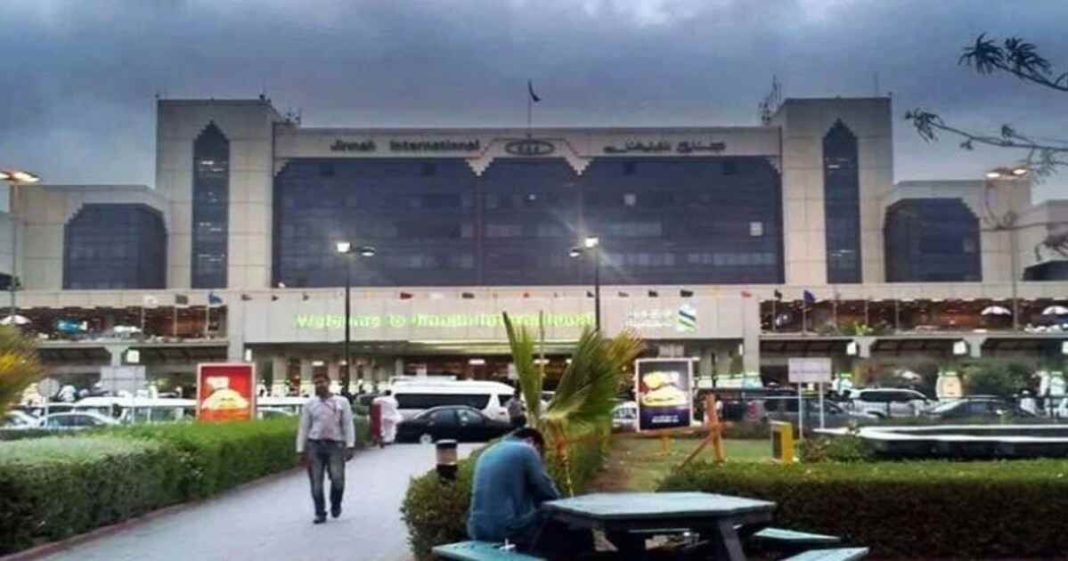In a significant humanitarian move, Pakistan has agreed to host around 20,000 Iranian pilgrims (Hujjaj) who remain stranded in Saudi Arabia due to the ongoing closure of regional airspace amid heightened tensions between Iran and Israel.
According to official sources, the Iranian nationals will be granted visas on arrival in Karachi, where comprehensive logistical, security, and accommodation arrangements have already been put in place to ensure their comfort and well-being during their temporary stay.
Read more: Iran Targets Mossad Headquarters
The disruption in air travel comes in the wake of a sharp escalation in the Iran-Israel conflict. Earlier this week, Iran launched a series of missile strikes targeting key Israeli military and intelligence installations, including the Aman logistics center and the Mossad headquarters in Herzliya.
Reports suggest that the strikes may have caused significant damage to sensitive facilities, including secret backup sites linked to Israel’s elite Unit 8200—responsible for cyber and electronic surveillance operations.
Israel, while attempting to downplay the extent of the damage, has reportedly stepped up its military readiness, raising fears of a broader regional confrontation. The conflict has also resulted in widespread disruption to commercial and civilian air traffic across the Middle East, with several airlines diverting or canceling flights passing through contested airspace.
Read more: Trump says looking for ‘real end, not a ceasefire’ to Israel-Iran conflict
Pakistan’s decision to extend temporary hospitality to the Iranian pilgrims reflects its longstanding commitment to regional stability and its role as a responsible actor amid Middle East tensions. Officials from Pakistan’s Ministry of Religious Affairs and the Foreign Office have emphasized that the move is purely humanitarian, aimed at assisting those affected by the unexpected geopolitical crisis.
Diplomatic observers note that this gesture could also serve to ease tensions between Tehran and Islamabad, strengthening bilateral relations at a time when the region is witnessing unpredictable shifts in alliances and power dynamics.
While the duration of the pilgrims’ stay in Pakistan remains uncertain, authorities have assured that arrangements are flexible and will be adjusted as the situation evolves.














